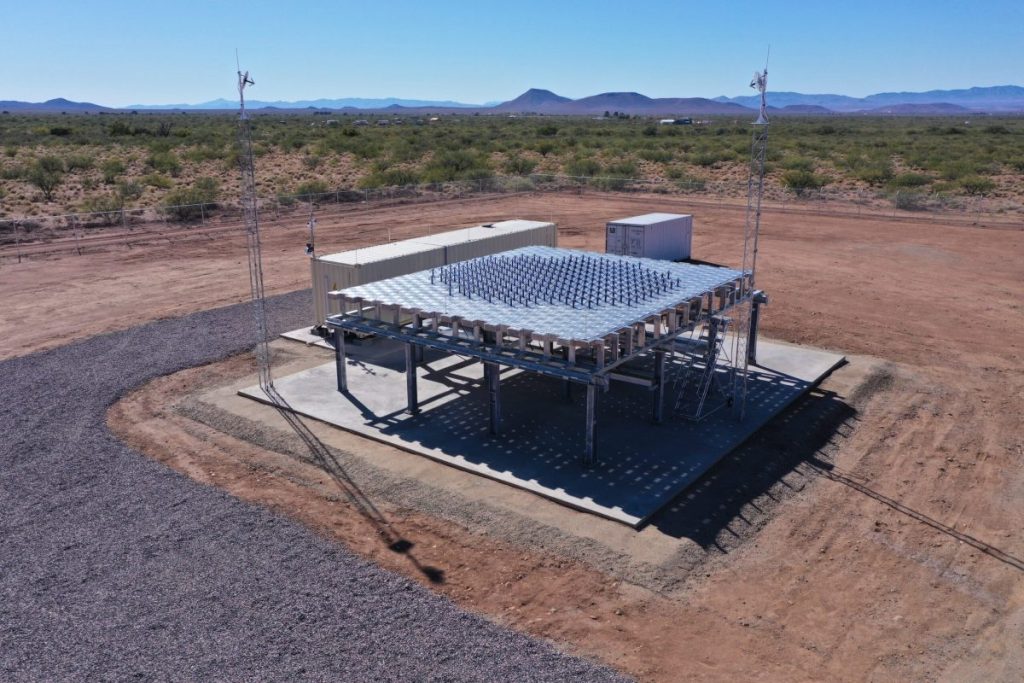ORLANDO, Fla. — LeoLabs, a company specializing in space-monitoring technology, announced it is operating its seventh radar site in Arizona.
The radar installation features next-generation Ultra High Frequency (UHF) technology designed to track activities in low and very low Earth orbit (LEO), as well as potential future applications in missile and hypersonic glide vehicle detection.
The radar employs a phased array antenna operating in the UHF band, allowing it to detect, locate, and track space debris, satellites, and highly maneuverable objects in orbit. LeoLabs CEO Tony Frazier highlighted the radar’s advanced capabilities, describing it as a testbed for cutting-edge space domain awareness technologies aimed at addressing military and intelligence needs.
“We are excited about the advanced space domain awareness capabilities it will offer to our global defense and intelligence customers,” Frazier said.
Founded in 2016 to serve commercial and civil customers, LeoLabs has leaned heavily into military applications, particularly since the establishment of the U.S. Space Force in 2019.
Seven radar sites
The company’s radar network, now consisting of 11 operational radars across seven sites globally, covers the Northern and Southern Hemispheres and equatorial regions. The new site has already started tracking over 9,500 objects in LEO and streaming data to clients, underscoring its operational readiness.
The type of radar deployed in Arizona is called UHF planar direct radiating array. It includes features designed to maintain custody of maneuverable objects, detect non-cooperative launch activities, and track objects nearing atmospheric re-entry. LeoLabs also sees this radar as a stepping stone toward capabilities that could detect and track missiles and hypersonic glide vehicles, a domain of growing interest for U.S. national security.
The radar was partially funded by a 2023 U.S. Air Force Small Business Innovation Research (SBIR) award. Construction took less than five months, a rapid timeline the company said is indicative of LeoLabs’ agility in responding to defense needs.
LeoLabs is headquartered in Menlo Park, California. Its expansion reflects broader industry trends as governments worldwide grapple with threats posed by space debris, anti-satellite weapons, and contested orbital zones. The U.S. Space Force, in particular, has emphasized space domain awareness — monitoring the behaviors and trajectories of objects in orbit—as a critical component of national security.

